Why you should be storing juice in glass jars and drinking it from there too
I strongly believe that we
should all be using and storing juice in glass jars (or other glass containers) for drinking and keeping it fresh. First, let me share with you my reasons for believing
glass works best for drinking freshly made juice.
Always drink juice from a glass container
First of all, juice just tastes fresher and better when you drink it from something made of glass. Plastic is known for its tendency to absorb odors and flavors from the beverages and foods it’s been used to contain. So, if you drink your juice from something plastic, it’s possible that the plastic has absorbed “foreign” odors and flavors. If so, they’ll affect the way your juice tastes. Glass eliminates any carryover of food odors or flavors because it doesn’t absorb them at all.
Your juice might also be more wholesome when you drink it from a glass container. It’s a snap to wash glass jars, even if you have to wash them by hand. But it’s even better to run them through the dishwasher. A dishwasher forces steaming hot water up and down into all the nooks, corners and crannies of a glass jar. The heat and pressure, along with a dishwasher’s high-heat drying cycle, ensure that all the dried remnants of old juice from your last glass (and any bacteria that might be growing in there) are removed. It’s harder to get plastic containers scrupulously clean, especially if they’re scratched. And some of them can’t be put into a dishwasher at all. Contamination can be a problem if you drink from a hard-to-wash plastic container.
Even worse, and my most important reason, many popular plastic containers/bottles have been shown to leach chemicals into liquids or foods. Some of these chemicals are known to be toxic and big endocrine disruptors and can throw your hormones out of whack. You might have heard of BPA, a famous endocrine disruptor, and it's studies are frightening. Take a look at what the National Institute of Natural Health Sciences has to say about it. Keep in mind this is just one chemical used in making a plastic.
What are the others doing to our health? In fact, studies are showing that even non-BPA plastics might be an even bigger risk. Take a look at this study from Enviormental Health Perspectives: Most plastics release chemicals of estrogenic chemicals. While there's a lot more to say on this subject, the bottom line is it's best to avoid plastics in and around our food and drinks.
You’re juicing because it creates fresh, wholesome, healthy,
nutrient-rich beverages. By storing your juice in a plastic container
that leaches chemicals, you’d be defeating the point of juicing. Plus,
thin plastic containers allow rapid oxidation of the juice inside.
Oxidation is the number-one cause of nutrient loss.
Storing juice in glass won’t leach anything into your juice.
Yes, you’ll have to handle glass containers more carefully than plastic. Unlike plastic, glass jars will break or crack if you drop them on a hard surface. But keeping a firm grip on a glass jar is easy for most of us, and the benefits of drinking juice from something made of glass outweigh this minor little drawback.
Not only that, but
sometimes plastic containers explode in certain conditions. Who wants to
clean up that kind of mess in the fridge?
By the way, you could also consider drinking your juice from a stainless steel thermos or a stainless steel water bottle. Stainless steel has the same benefits as glass, but a stainless steel container won’t shatter if you drop it. At worst, you’d end up with a dent and some spillage to clean up.
About storing juice in glass jars
If life was perfect, you’d make your juice and then immediately drink it down. Unfortunately, life’s rarely perfect. Things can get hectic. We don’t always have the time to drink a whole batch of juice right away. That’s why storing juice in glass jars the right way is a concern for many of us. That and the fact that we sometimes make too much juice to be able to drink it all at once
Drinking your juice right
away will ensure that you get the most out of the nutrients in your
produce. That’s not always possible, though. If you use a clean,
airtight glass storage container, you won’t need to worry about flavor
contamination or (if you drink your juice within 24 to 48 hours) bacterial
growth. You’ll also reduce nutrient degradation as long as you drink your
juice within a reasonable period (24 to 72 hours after making it, depending on
the type of juicer you’re using).
The wide-mouthed glass mason canning jars your grandmother probably used
are perfect. They’re sturdy, they have tightly sealing lids, and they’re
cheap. A variety of sizes and brands are
available. Choose the size that holds the amount of juice you’d normally
drink all at once, in a single serving. If you’re not going to drink your
juice right away, just fill a jar up to the brim (this reduces the rate of
oxidation), seal the lid tightly, and then pop the filled, sealed jar into your
fridge. You can get them at any local supermarket or department store nowadays.
Our new line of juice jars, in the picture above, are made for beverage storage, and you can get them on Amazon.
- Your storage containers
should be as clean as you can get them to avoid any bacterial contamination, and glass (or stainless steel) is
easier to wash than plastic.
- You don’t want to use containers that have absorbed food or beverage odors and flavors from the last time they were used. Plastic is prone to do that, but not glass or stainless steel.
- You sure don’t want plastic containers leaching toxic chemicals and endocrine disruptors into your juice while it’s being
stored. This is scary territory. This won't happen if you use glass.
- Sometimes plastics explode under certain conditions. Avoid that by using glass.
- I believe it's easier to get an airtight seal on a glass mason jar, than a plastic bottle, reducing oxidation.
Invest in some great glass or stainless steel jars for your health. Enjoy!
YOUR JUICER-IN-CHIEF
|
Hi Juice Lover! I'm Vanessa, the Juicing Mixologist. I'll be guiding you to radical wellness and hotness you can chug. Learn more |
ULTRA POPULAR POSTS
My favorite must-have wellness gadgets
Why the Vitamix is the best blender
Find top juicers that fit your style
How to make green drinks that taste good
The difference between juicing and blending
The need to know steps on how to start juicing
|
Took my BP today. It was lower than its ever been. It's that juicing! Love it! I also don't feel like I need my daily coffee pick me up! Feeling great. Nancy, Las Vegas |
|
This is the best site ever. Seth, Vancouver, Canada |
|
I've recently lost 10 pounds by using the weekend weight loss plan. Jan G, New Mexico |
|
I have no questions. Jeff, California |
|
ALL of the recipes have been winners. We honestly look forward to each days new concoction. Thanks! Sue, Denver |
|
I enjoy your emails; Alex, Chicago |
 The Juice Club
The Juice Club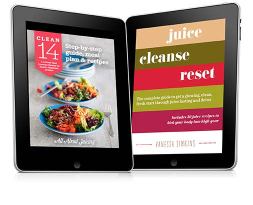 Live Group Supported Cleanses
Live Group Supported Cleanses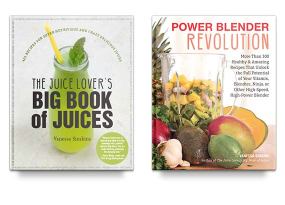 Vanessa's Paperback Books
Vanessa's Paperback Books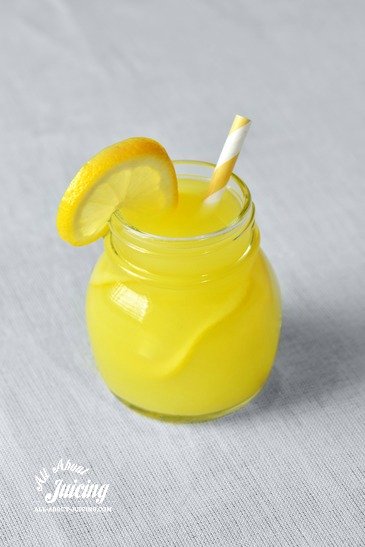
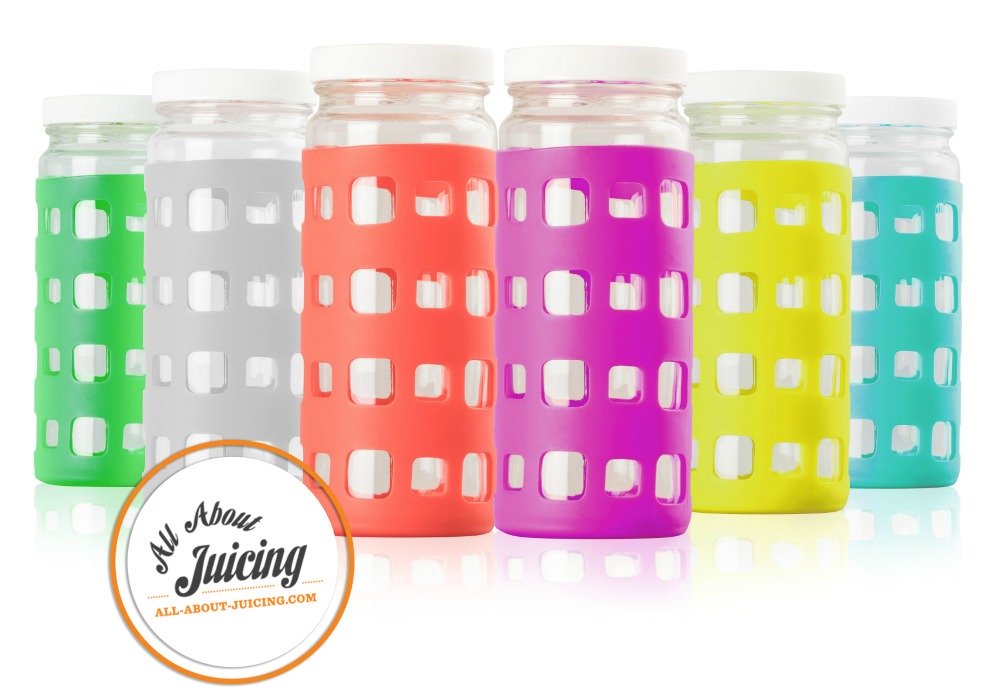
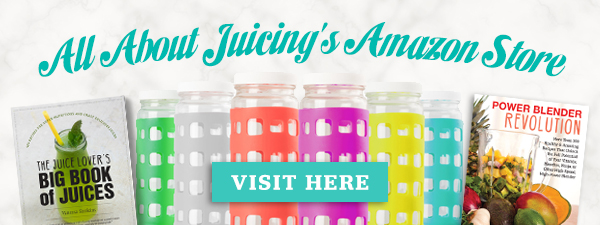






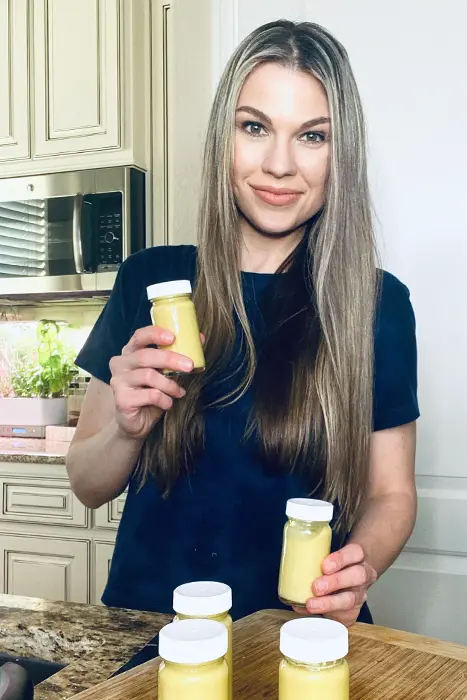


Lovin' this juicy info? Leave a comment in the box below